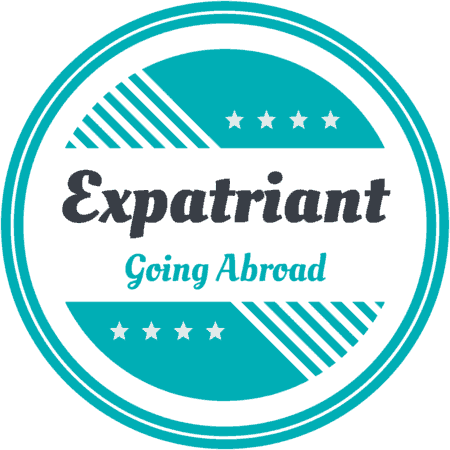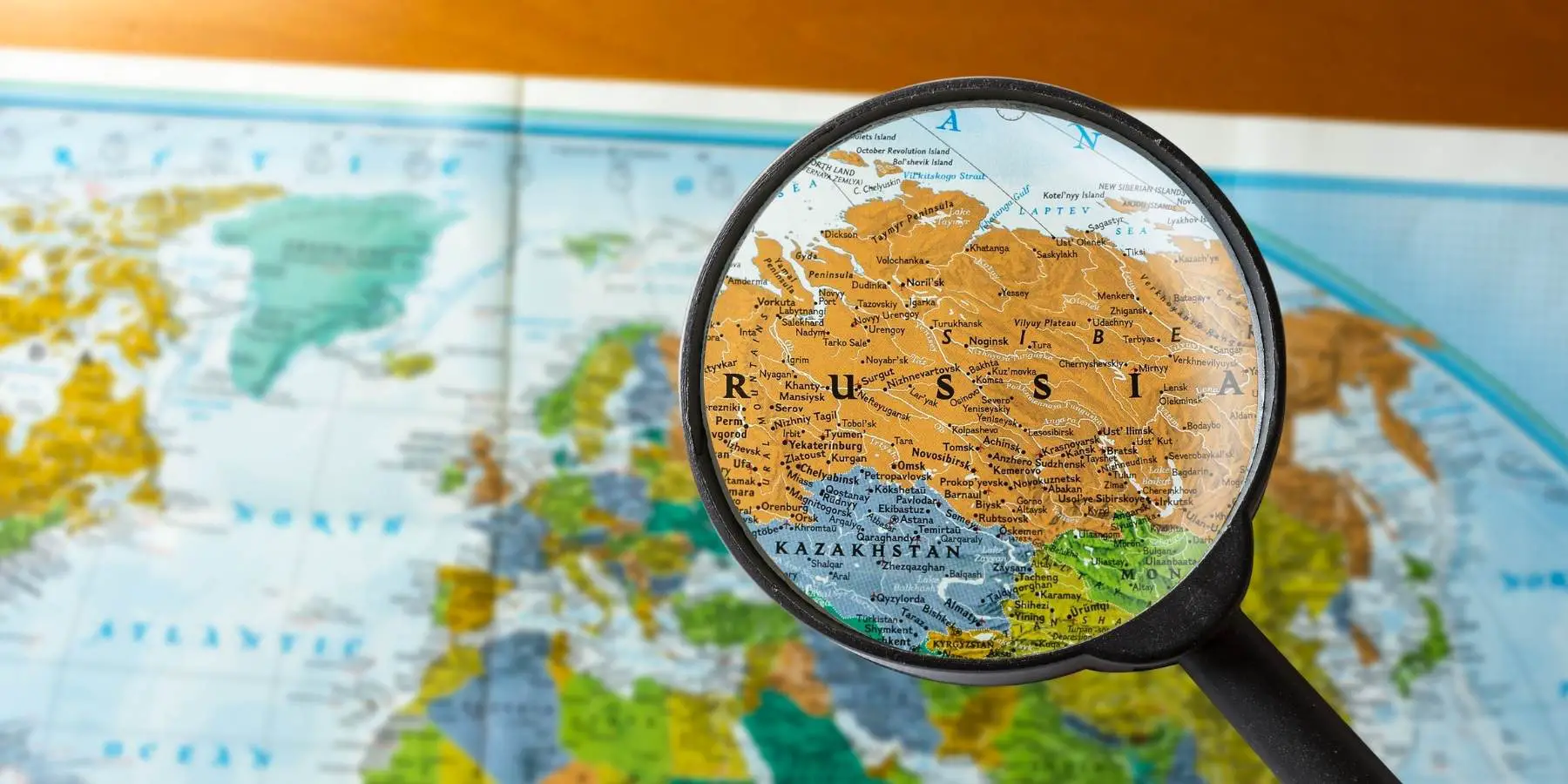Getting to Russia during the COVID-19 pandemic has been a huge challenge for many people. The Russian border has been closed to most of the world since March 18, 2020, unless you meet one of the following criteria:
- Member of an official delegation, an employee of a foreign embassy or consulate, representation of an international organization in Russia or their family member
- Family member (spouse, parent, legal guardian, child) of a Russian citizen, or of an ailing or recently deceased person in Russia regardless of citizenship, provided they carry documents confirming both condition and relation
- International truck driver or a crew member on a train, sea, river, or air vessel
- Permanent resident of the Russian Federation
- Persons performing equipment maintenance in Russia provided your name is on the border service list
- A highly qualified specialist provided your name is on the border service list
- Seeking medical treatment provided that you have an invitation from a medical organization or the Ministry of Health
Let’s Russia has a great up to date overview of current travel restrictions for entering Russia. There are only a handful of citizens (and residents of those countries) allowed to enter Russia and they must have a negative COVID test and a valid visa. It has been difficult getting a Russian visa even in countries that are open to entering Russia. Russian embassies in other countries are not processing visas generally.
If you must get to Russia during the COVID-19 pandemic and you are not a citizen or resident of one of the countries allowed to enter Russia, there is still an option available to you. Only citizens and residents of the following countries can enter Russia as of early November 2020: UK, Turkey, Tanzania, Switzerland, Abkhazia, Egypt, Maldives, United Arab Emirates, Cuba, Japan, Serbia, South Korea.
Note that the Russian consulates typically consider you a resident if you have permission to stay longer than 90 days in a third country, in this case, from the list above. This means that a six-month student visa would suffice, for example, as well as a one-year tourist resident card in Turkey.
It is possible to gain residency in Turkey in under 1 month, apply for a Russian visa, and enter Russia.
The great thing is that you do not even need to physically be in Turkey to start the application process for residency in Turkey. You must be in Turkey for the immigration interview, but you can leave and return in a few weeks when your temporary residence permit is ready.
The cost to apply for residency in Turkey is $800. Once you pay, we will give you a choice of appointments and you will need to provide a copy of your passport. You do not have to be in Turkey until the appointment. Typically, you would arrive in Turkey at least one business day before your appointment to notarize documents.
After the appointment, you receive a document confirming your resident status. You can enter Russia with this document if you have a valid Russian visa. If not, you need to apply for a Russian visa in Turkey which takes approximately 2 weeks.
Your Turkish residency card takes approximately 2-3 weeks processing, however, you do not have to wait in Turkey while the resident card is being processed. You can pick the card up yourself or give our agent in Antalya power of attorney to pick up your documents. Once you have the Turkish residency card or proof thereof, you can fly to Russia, again, if you have a valid visa.
If you need a Russian visa after gaining residency in Turkey, our partner, Let’s Russia can help you with that too. They have an office in Antalya, Turkey.
Reach out to us at contact@expatriant.com to start the process of applying for residency in Turkey today.

